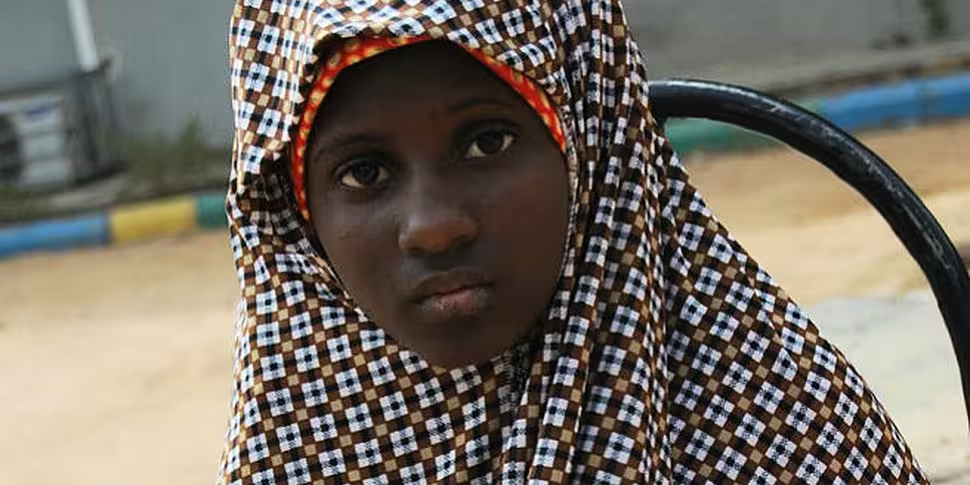The number of child bombers used by Islamic extremists Boko Haram has increased 10-fold in a year - with the devastating result that some communities now see children as threats, Unicef says.
The UN children's agency said that 75% of the children used by the west African terror organisation are girls.
The number of children in suicide attacks in Nigeria, Cameroon, Chad and Niger rose from four in 2014 to 44 in 2015, Unicef said in its report.
The frequency of all suicide bombings increased from 32 in 2014 to 151 last year.
In 2015, 89 of these attacks were carried out in Nigeria, 39 in Cameroon, 16 in Chad and seven in Niger.
Boko Haram has sent bombers to mosques, market places and other soft targets, and is believed to be turning captives into weapons.
"On 14 April 2014, over 270 schoolgirls were abducted in the town of Chibok, North-East Nigeria," Unicef says in its report. "The world was shocked. A global movement started demanding their return - #BringBackOurGirls.
"Since then, at least 1.3 million children have been uprooted by Boko Haram violence across four countries in the Lake Chad region. The world barely noticed."

The seven-year jihad campaign, which has mainly affected north-eastern Nigeria and its neighbours around Lake Chad, has killed 17,000 people.
Last year, the Nigerian military launched a new offensive against the terror group, whose title refers to "the group preaching jihad". Nigeria has been joined in their fight by four other African nations, as well as the US, which is offering intelligence and other assistance, resulting in setbacks for the militant group.
Like the so-called Islamic State in Iraq and Syria, the terror group to which they have pledged allegiance, Boko Haram have responded to their military setbacks by scattering, partly into Cameroon.
Cameron has sustained the highest number of suicide attacks involving children, according to Unicef, and officials in the country say most of the attackers there are aged 13 to 15.
Those who have escaped the group's clutches say Boko Haram has a systematic program for training women and girls to be bombers.
In March, a woman and a young girl entered the village of Tolkomari early in the morning, and were chased out of town by suspicious locals on the lookout for bombers. Exhausted, the two suspects ran into a home and detonated their explosives, killing only themselves.
In its report, Unicef said it needed $97 million to provide vaccinations, schooling, drinking water, mental health aid and other assistance to families affected by Boko Haram. It said it had received $11 million so far.
The report also noted that more than 1.3 million children had been forced from their homes.









